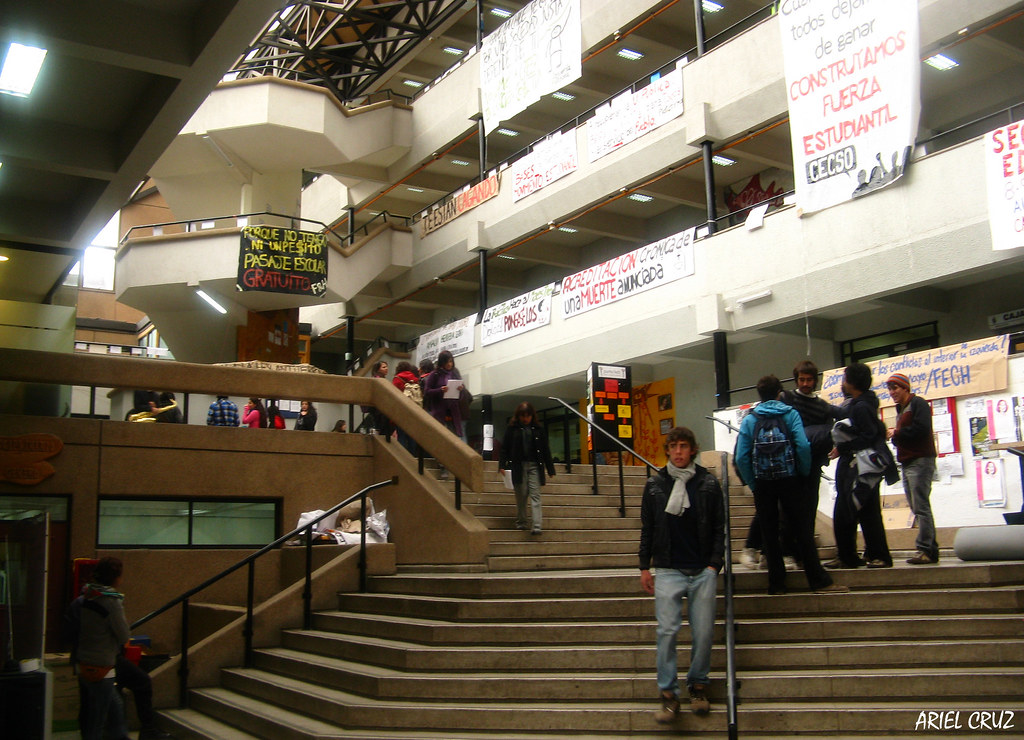Introduction
Human beings are living beings, which stand out and are differentiated
from other species by different characteristics of our physical and
psychological development. It is fundamental to bear in mind that our
development begins from the moment we are born and does not end in adolescence,
but there are aspects that we develop throughout our lives. One of the main
aspects that we develop as individuals has to do with our interpersonal
relationships, the way in which we relate and form part of groups, while we
learn and shape our behavior and influence the behavior of others. It is
extremely interesting to give an account of how our social development and
empathy begins, something that is defined as prosocial behaviors. Various
authors of educational and child psychology realize that it is a process that
starts in childhood and that a special emphasis must be placed from this stage
of development for various reasons, either to identify these behaviors in
different stages as well as in the development of intervention programs and
studies of school dynamics in studies of Arenas and Parra (2005), Marin (2009),
Caicedo (2014), among others (cited in Vásquez, 2017).
In addition, the school stage or early childhood, turns out to be one of
the stages where more knowledge acquires the child or girl and where it is
easier to acquire this knowledge. According to Hernández-Muela, Mulas and
Mattos (2004):
The nervous structures in the first
years of life are in a maturational process in which new synaptic connections
are continuously established and the growing myelination of their structures
takes place, so that in response to the stimuli coming from experience, and
through internal biochemical processes, the brain of the child is formed (p.60).
Therefore, this stage, being the first and for what has been said above,
implies dedicating a special attention to it, and it is also interesting to ask
the following question: is the context relevant for children's empathic
development? To what extent could they be affected?
Body
In first place, the empathy in childhood had a lot of definitions, but
the most part of the authors thing that ‘’is the capacity for put in the shoes
of other person’’ (Galvis, 2014), watching the feelings or maybe feel the same
of other person. Other definition, related with the previous one, is ‘’the
emotional answer of the understanding of the situation that other is involve’’
(Mestre, Sampre and Frías, 2004, cited in Salinas et al., 2016).
There are so many theories about the origin of this empathy. Some people
think we born with this capacity, others think we learn through education and
our context and others think we need the context to develop and upgrade along our
lives (Feshbach y Bologini, 2007 and 2004, cited in Arriagada, Contuliano and
Díaz, 2014, p. 31-32).
The empathy can be understandable by 2 components: cognitive and affective
(Eisenber and Strayer, cited in Oros and Fontana, 2015). The first component
implicates the capacity to put in other place and the second suppose understand
and share the feelings of other person.
In other point, the empathy requires the scholar context for a good
development, this is based in Richard and Kamberk (1995, cited in Salinas et
al., 2016, p. 13), they said the scholar context is where the empathy evolve
and is more evident in the scholar years where the understanding of feelings in
faces and in the behaviors of others stimulates the development and the
strengthening of this ability.
The contexts are not the only factor for the develop of the empathy in
kids, some people in their studies found differences between boys and girls, being
the girls more empathic than the boys, but this difference are only in the
affective component, and not in the cognitive, so the boys and the girls can
develop the same capacity in the same conditions.
Some ones says the difference between boys and girls could be affected
for the culture and the family education, according to Mirón (1989, cited in
Garaigordobil and Garcia de Galdeano, 2006) who suggest that is important keep
in mind this standards of upbringing.
Conclusion
Is necessary go deep in this topic, because the scholar context and the
childhood is a fundamental level in the development of the persons, however,
this is not the only area of this development. As I mention it, the cultural
context and the family are important as the scholar context, the kids are not
only for school, they need a good guide and a good atmosphere to get well-being
in personal and social terms. Is important changed our conception of the boys
and girls, we are all the same and we need to learn how to express ourselves
and attend to the others, because the boys were educated since they are little
kids with a special phrase: ‘’be a man’’, so they avoid the emotional
expressions and when they are adults they have a lot of problems related with
emotions.
References
-
Arriagada,
N., Contuliano, D. & Díaz, P. (2014). Estudio comparativo de niveles de
empatía entre niños/as de segundo ciclo, pre-kínder y kínder, según clima
social familiar. (Tesis de Pregrado). Universidad Andrés Bello, Santiago de
Chile.
-
Galvis,
R. (2014). Las neuronas espejo y el desarrollo de la empatía frente a la
agresión y el conflicto en la escuela. Praxis
Pedagógica 14(15), 43-53.
-
Garaigordobil,
M. & García de Galdeano, P. (2006). Empatía en niños de 10 a 12 años. Psicothema, 18(2), 180-186.
-
Hernández-Muela,
S., Mulas, F. & Mattos, L. (2004). Plasticidad neuronal funcional. Revista
de Nuerología, 38 (1), 58-68.
-
Oros, L.
& Fontana, A. (2015). Niños socialmente hábiles: ¿Cuánto influyen la
empatía y las emociones positivas?
Interdisciplinaria, 32 (1), 109-125.
-
Salinas,
N., Sepúlveda, C., Urrego, G., Karam, J. & Castillo, C. (2016). La empatía
como eje de las habilidades para la vida: Una mirada en contextos escolares
divergentes. Polemikos 2(3), 62-78.
-
Vásquez Arteaga, Érika Alexandra. (2017). Estudio de las
conductas prosociales en niños de San Juan de Pasto. Psicogente, 20(38), 282-295. https://dx.doi.org/10.17081/psico.20.38.2549

